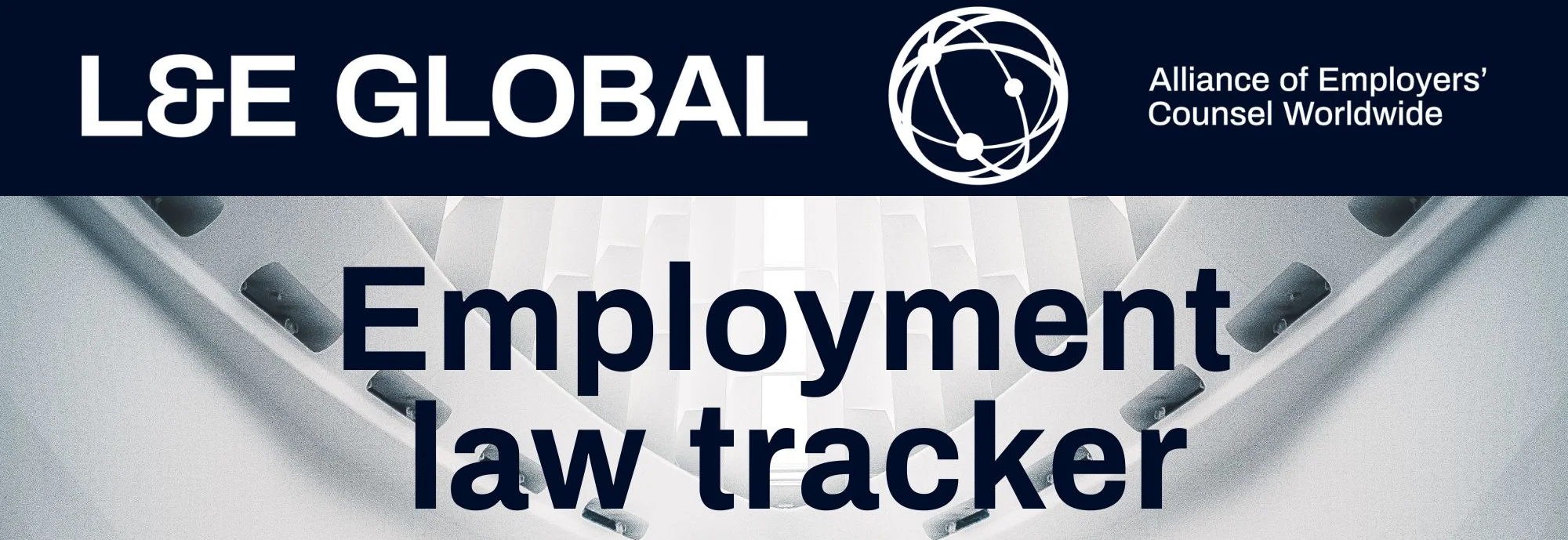In line with the Central Bank of Indonesia (“ BI ”)’s objective in creating a safe, reliable, innovative, and integrated national payment system, BI recently issued a new framework of BI Regulation No. 23/11/PBI/2021 on the National Payment System Standard ( “BI Regulation 23/11/PBI/2021” or “National Standard Regulation” ).
The issuance of BI Regulation 23/11/PBI/2021 is a follow-up to the payment system regulatory reformation, first initiated by the issuance of a series of regulations such as, (i) BI Regulation No. 22/23/PBI/2020 on Payment System, (ii) PBI No. 23/6/PBI/2021 on Payment System Operators; and (ii) BI Regulation No. 23/7/PBI/2021 on Payment System Infrastructure Operators. (Note: You may refer to our Frequently Asked Question that covers an overview of these regulations here .)
The reformation under the National Standard Regulation includes integrating various regulations on BI authority, setting up a benchmark for the implementation of the Indonesian payment system, and strengthening the policy and application of standards and its implementation in a forward-looking manner.
Legal Framework: In writing this article, we refer to the following laws and regulations:
- BI Regulation 23/11/PBI/2021; and
- Board of Governors of BI Regulation No. 23/15/PADG/2021 on the Implementation of the National Standard for Open Application Programming Interface Payments/ Implementasi Standar Nasional Pembayaran Open Application Programing Interface ( SNAP ) (“SNAP Regulation”)
Scope of SNAP Implementation: BI stipulates that the scope of implementation of SNAP covers: (i) interconnection and interoperability; (ii) information system safety standard; (iii) governance; and (iv) risk management of Open API payment (Art. 3 (1) of SNAP Regulation).
Publication of Open API Payment Standardization: Further to the issuance of SNAP Regulation, BI will issue two documents to provide the guidelines for open API payment standardization:
- Technical and security standard, data standard, and SNAP technical specifications (“SNAP Technical Standards”) that will be published in SNAP’s Developer Site; and
- SNAP governance guidelines that will be published in SNAP’s Governance Site
The first issuance of the SNAP Governance Guidelines will be uploaded through Bank Indonesia’s website (Art. 3 (3) and Art. 5 (2), (3), (4) of SNAP Regulation). BI will feature further updates on its website and/or other media on any changes of the same.
Provider and User of Open API Payment Service: Under the SNAP Regulation, API payment providers consist of Payment Service Providers/ Penyelenggara Jasa Pembayaran (“PJP”) ( i.e., bank or non-bank PJP) (“Service Provider”) . Meanwhile, the users of open API payment consist of PJPs and/or other institutions that utilize open API payment for their own or their customers’ benefit (“Service User”) .
Open API Payment Verification: The SNAP Regulation requires the service providers and users, and developers of open API payments to register themselves to SNAP’s Developer Site and verify their systems to comply with SNAP Technical Standards. Furthermore, the relevant parties will be featured on the Publication Directory of SNAP Developer Site after the completion of such registration and verification (Art. 9 (8) of SNAP Regulation).
Cross Border QR Payment Linkage: On 17 August 2021, BI and the Central Bank of Thailand launched a cross-border QR payment linkage between Indonesia and Thailand, with the full commercial phase expected to be launched in the Q1 of 2022 1 . The linkage is a collaboration of various stakeholders, including;
- the Indonesian Payment System Association (ASPI) and the Thai Bankers’ Association;
- 13 QRIS providers;
- the four switching operators of Indonesia – RAJA (Rintis, Artajasa, Jalin, and Alto);
- the payment system operators of Thailand – National ITMX (NITMX); and
- the appointed Cross Currency Dealer (ACCD) banks, including Bank Central Asia (BCA), Bank Negara Indonesia (BNI), and Bank Rakyat Indonesia (BRI) of Indonesia; and Bangkok Bank (BBL), Bank of Ayudhya (Krungsri), and CIMB Thai Bank (CIMBT) of Thailand.
This collaboration marks a milestone of the Indonesian Payment System Blueprint 2025, particularly in retail payments. Under this linkage, consumers and merchants in both countries will be able to conveniently make and accept instant cross-border QR payments for goods and services by referencing the recipient’s mobile phone number.
1 Indonesia and Thailand Launch Cross-Border QR Payment Linkage, https://www.bi.go.id/en/publikasi/ruang-media/news-release/Pages/sp_170821.aspx, accessed on 23 September 2021.
The article above was prepared by Marshall S. Situmorang (Partner), Audria Putri (Senior Associate) , and Aniendita Rahmawati (Associate) .









